$SOL $ETH
#Solana #Ethereum #Crypto #Staking #MarketCap #Blockchain #Decentralization #Security #CryptocurrencyInvestment #Whales #Fintech #Innovation
The cryptocurrency landscape is ever-evolving, and the recent development where Solana (SOL) has surpassed Ethereum (ETH) in staking market cap has caught the attention of investors and enthusiasts alike. This milestone is significant as it reflects the changing dynamics of the staking ecosystem, highlighting Solana’s growing appeal and its potential challenge to Ethereum’s long-established dominance. Staking is a crucial aspect of the proof-of-stake (PoS) mechanism, allowing holders to earn rewards by participating in network security and governance. The shift indicates a substantial influx of funds into Solana’s network, suggesting growing confidence in its infrastructure and future prospects.
Critics and supporters are divided on what Solana’s rise means for the crypto market. Proponents argue that Solana offers a more scalable and efficient platform, with lower transaction fees and faster processing times compared to Ethereum. This has made it an attractive option for developers and investors looking for alternatives to Ethereum’s congested network. On the other hand, skeptics raise concerns about Solana’s security and stability, pointing to past incidents where the network has experienced downtime. Despite these challenges, the influx of staking capital into Solana suggests that many are willing to overlook these issues in favor of the potential rewards.
The debate extends to the implications of Solana’s rise on the broader crypto ecosystem. Ethereum has long been the backbone of decentralized finance (DeFi) and non-fungible tokens (NFTs), supporting a vast majority of projects in these sectors. Solana’s ascent in the staking market cap leaderboard challenges this hegemony, proposing an alternative that could diversify the DeFi and NFT markets. This competition could spur innovation, leading to improvements across all blockchain platforms as they vie for developer and investor support. However, it also raises questions about market fragmentation and the complexities that come with having multiple leading platforms.
In conclusion, Solana surpassing Ethereum in staking market cap is a testament to the dynamic and competitive nature of the cryptocurrency market. While it represents a breakthrough for Solana, showcasing its growing adoption and trust among investors, the development also underscores the inherent volatility and uncertainties within the crypto space. The long-term implications of this shift will depend on how each blockchain evolves, addressing their respective challenges and capitalizing on their strengths. As the landscape continues to mature, the competition between Ethereum and Solana is likely to intensify, offering both risks and opportunities for stakeholders within the crypto ecosystem.


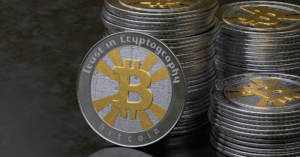


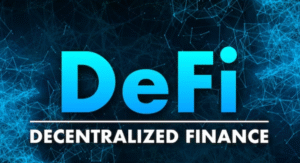


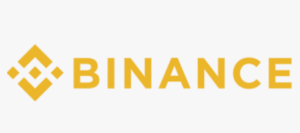
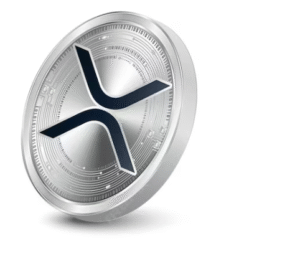
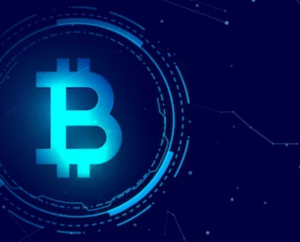
Comments are closed.